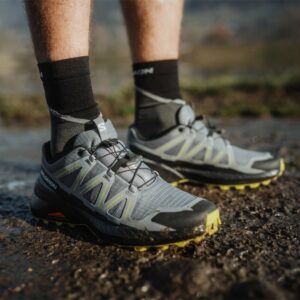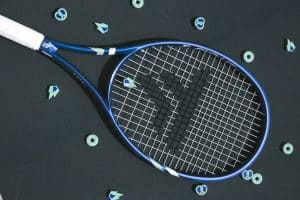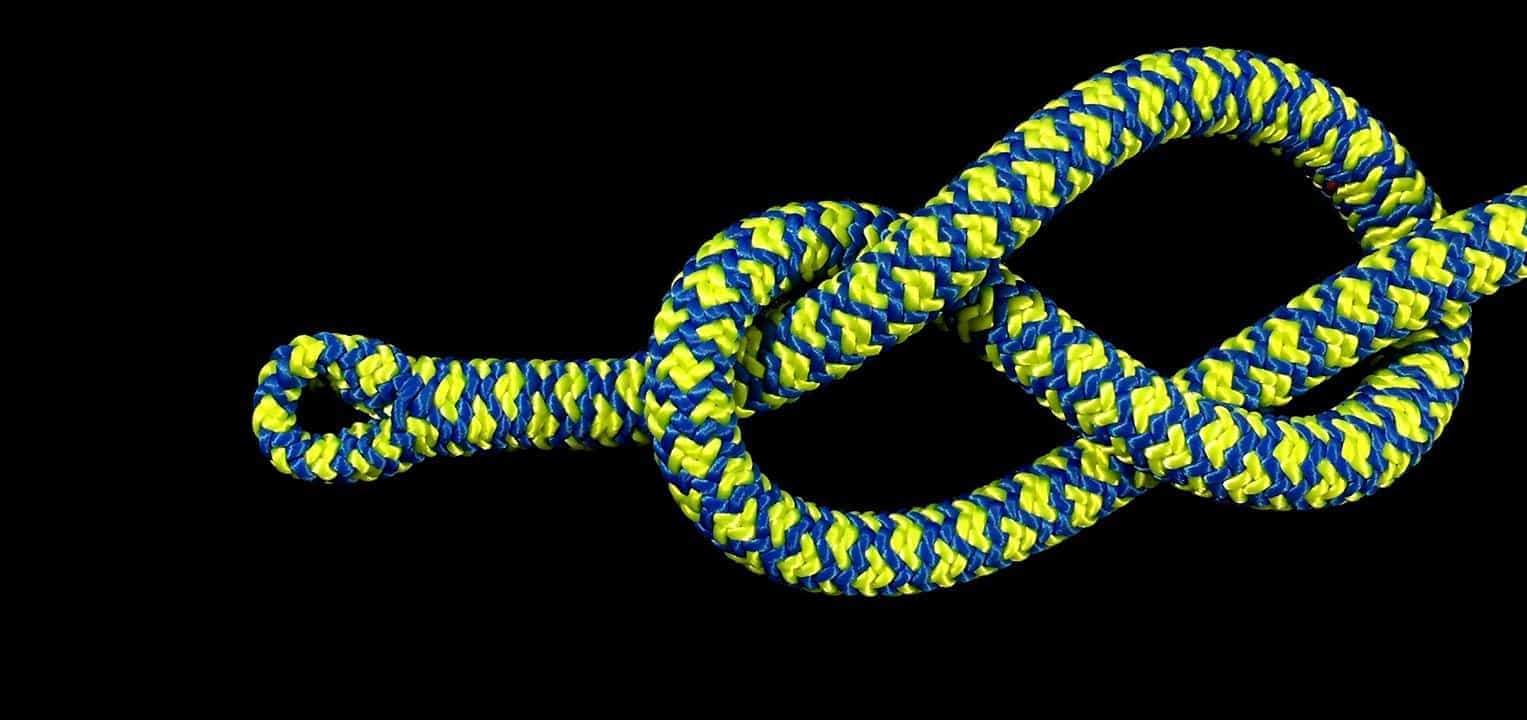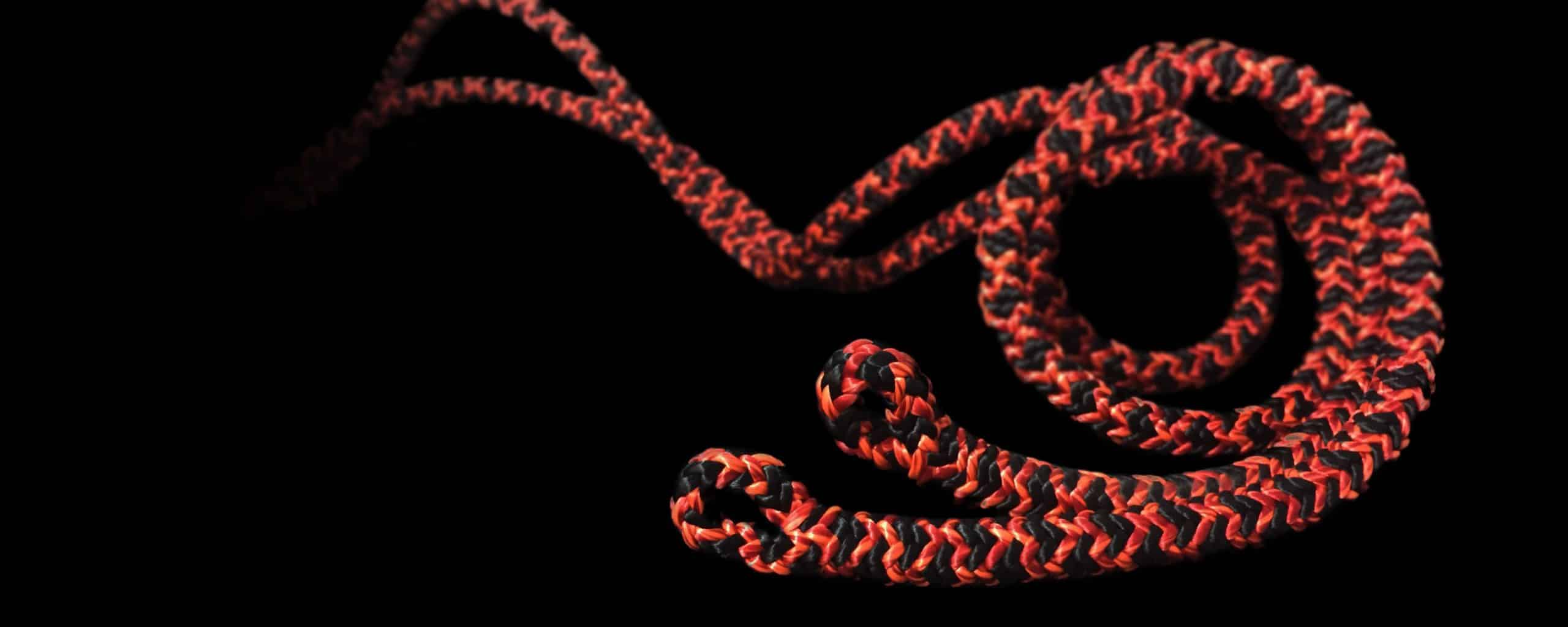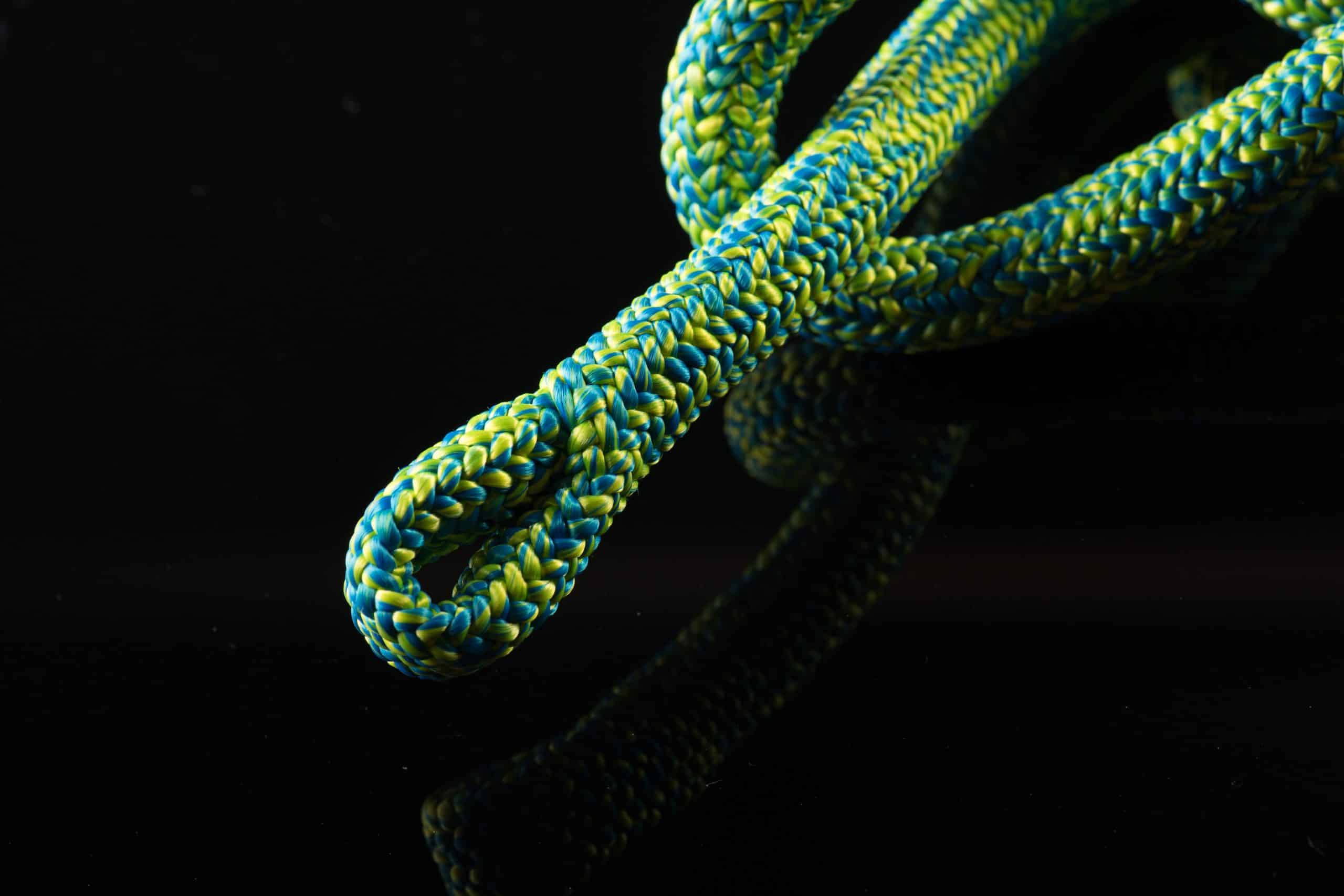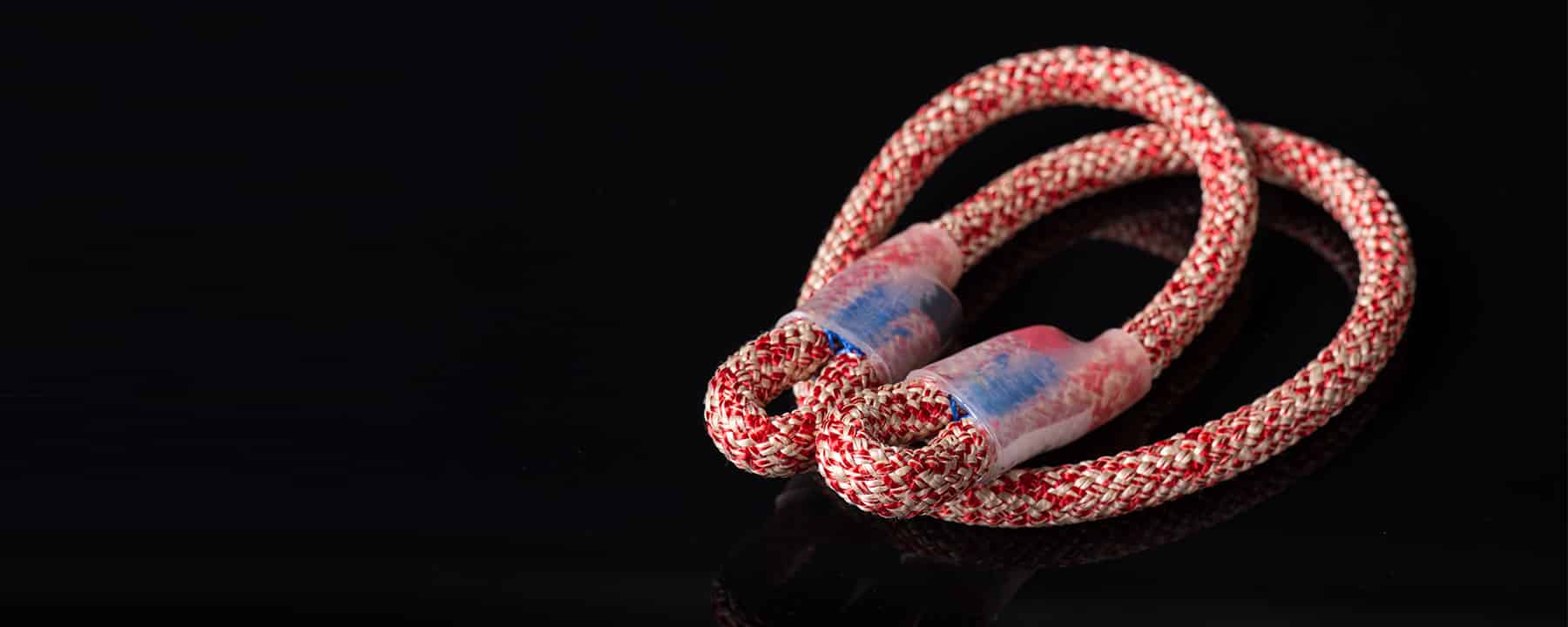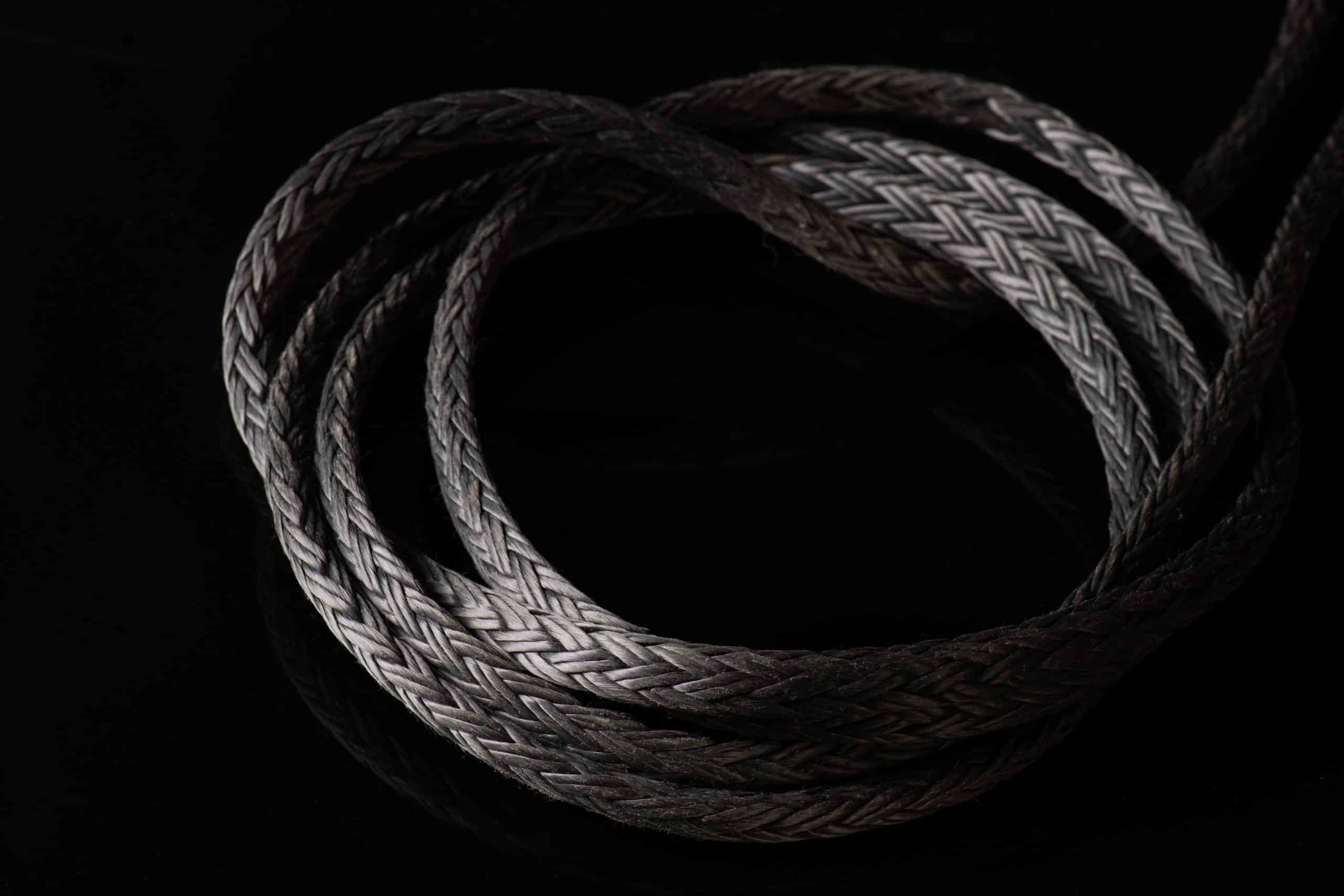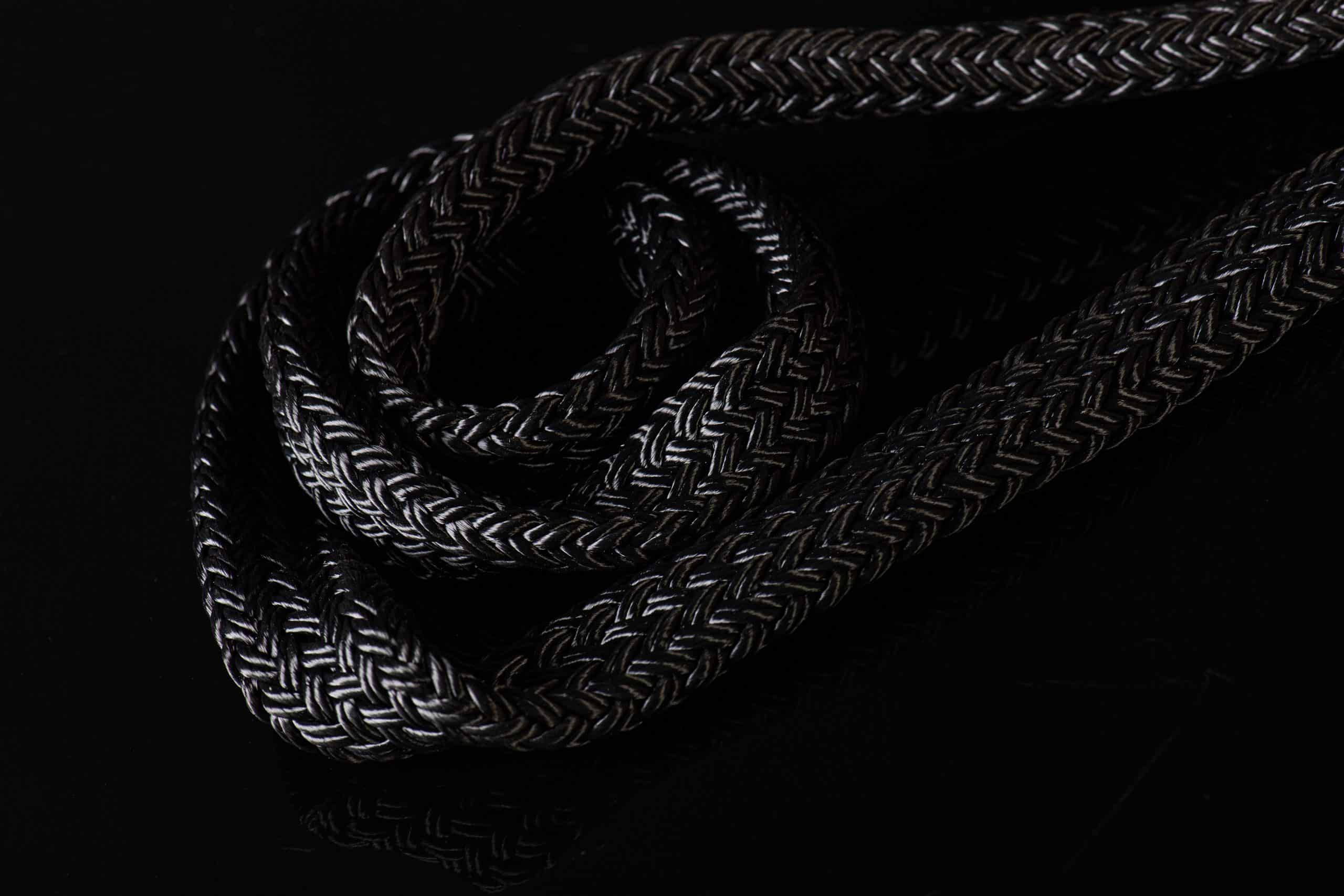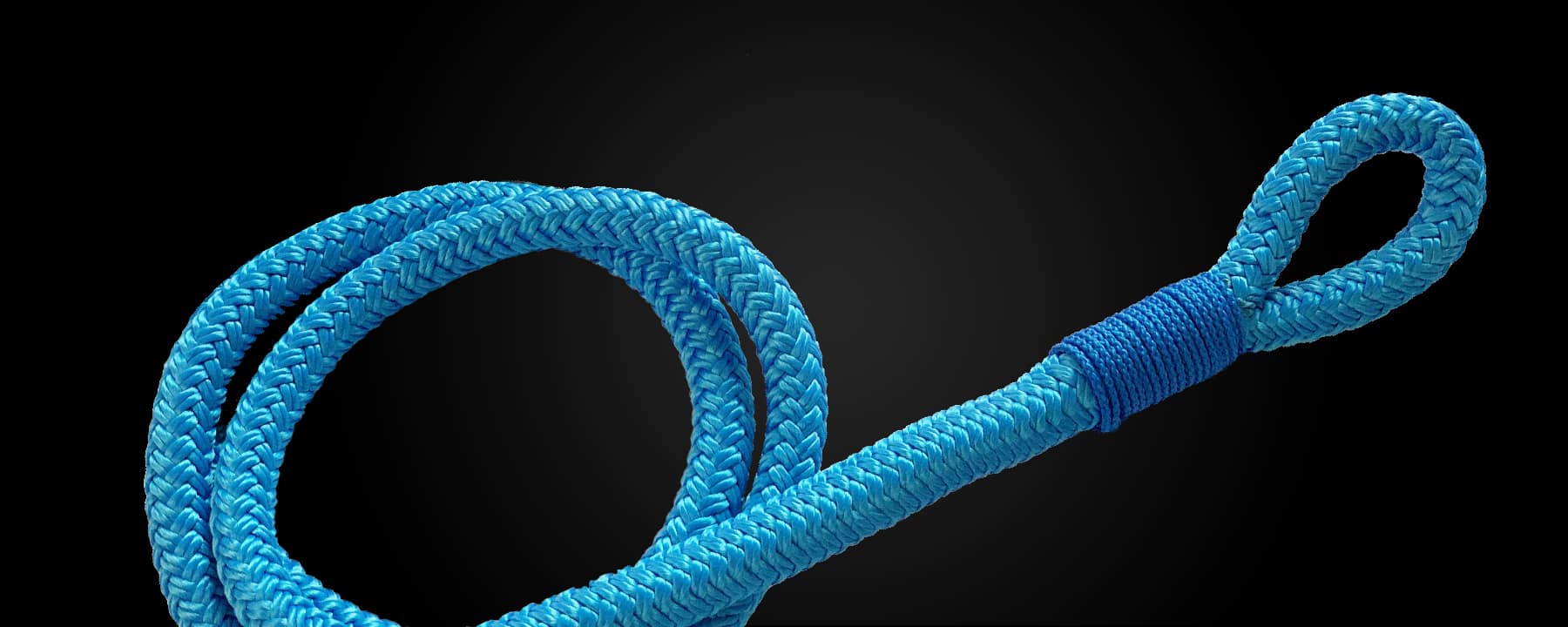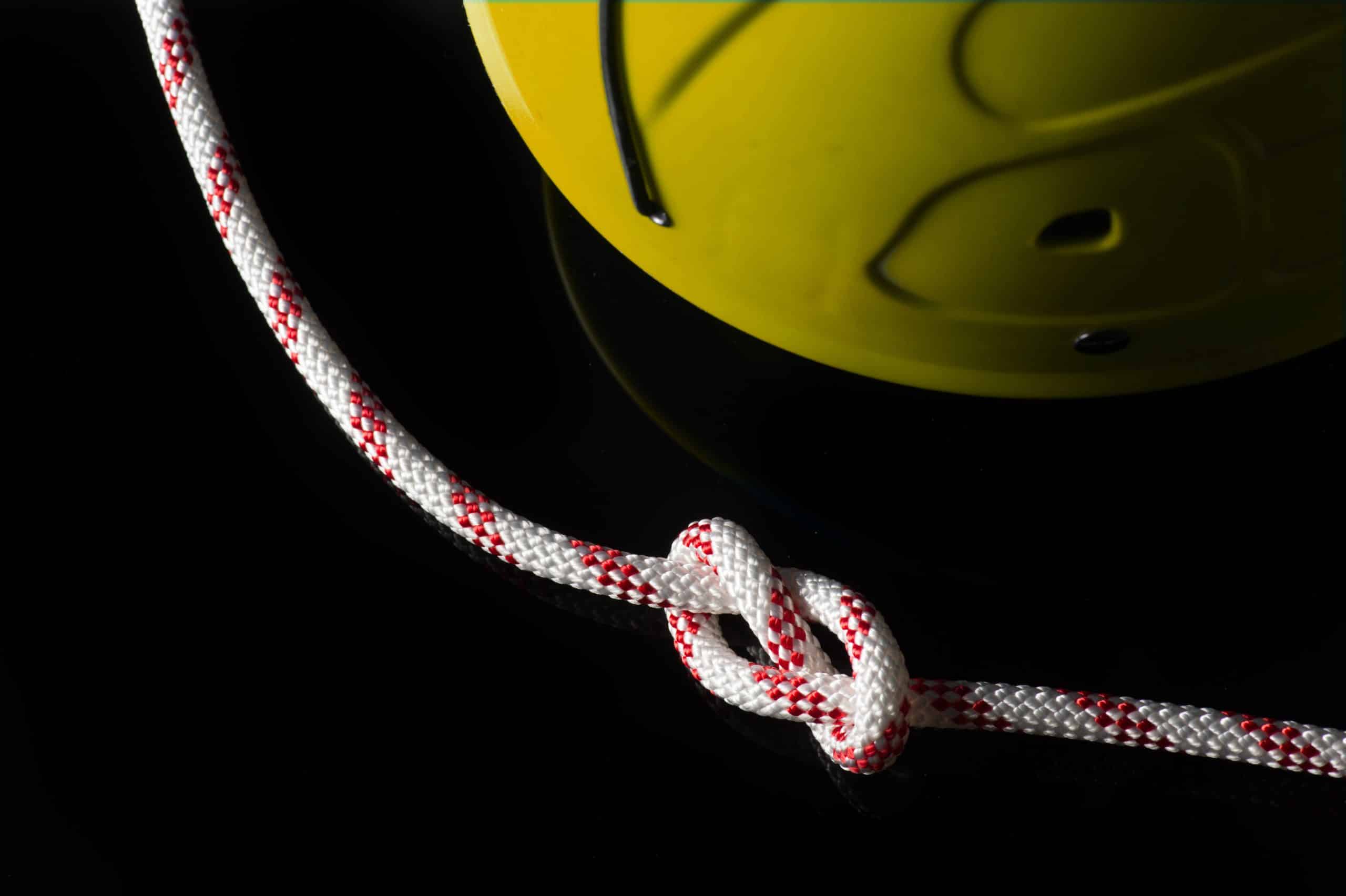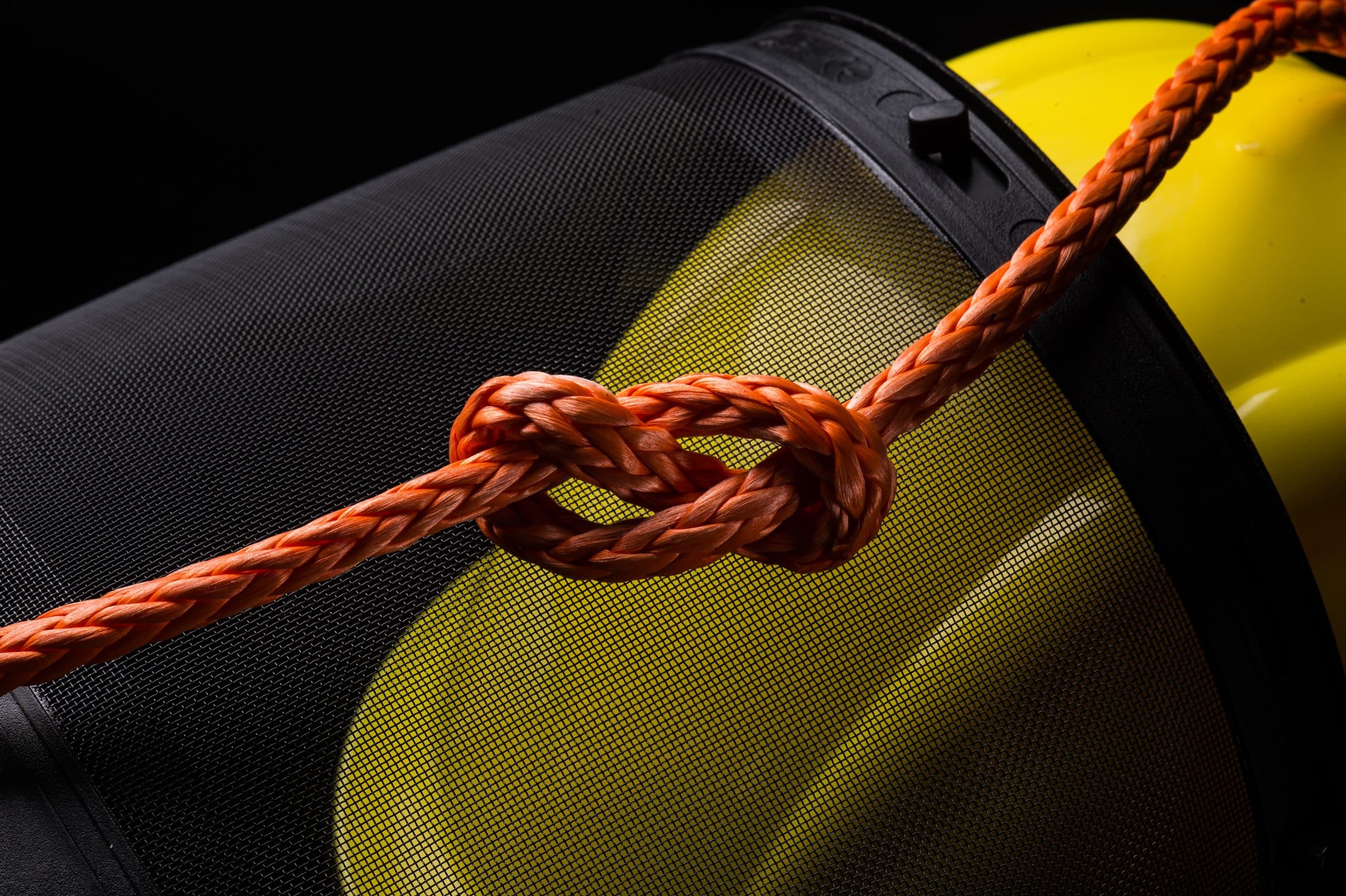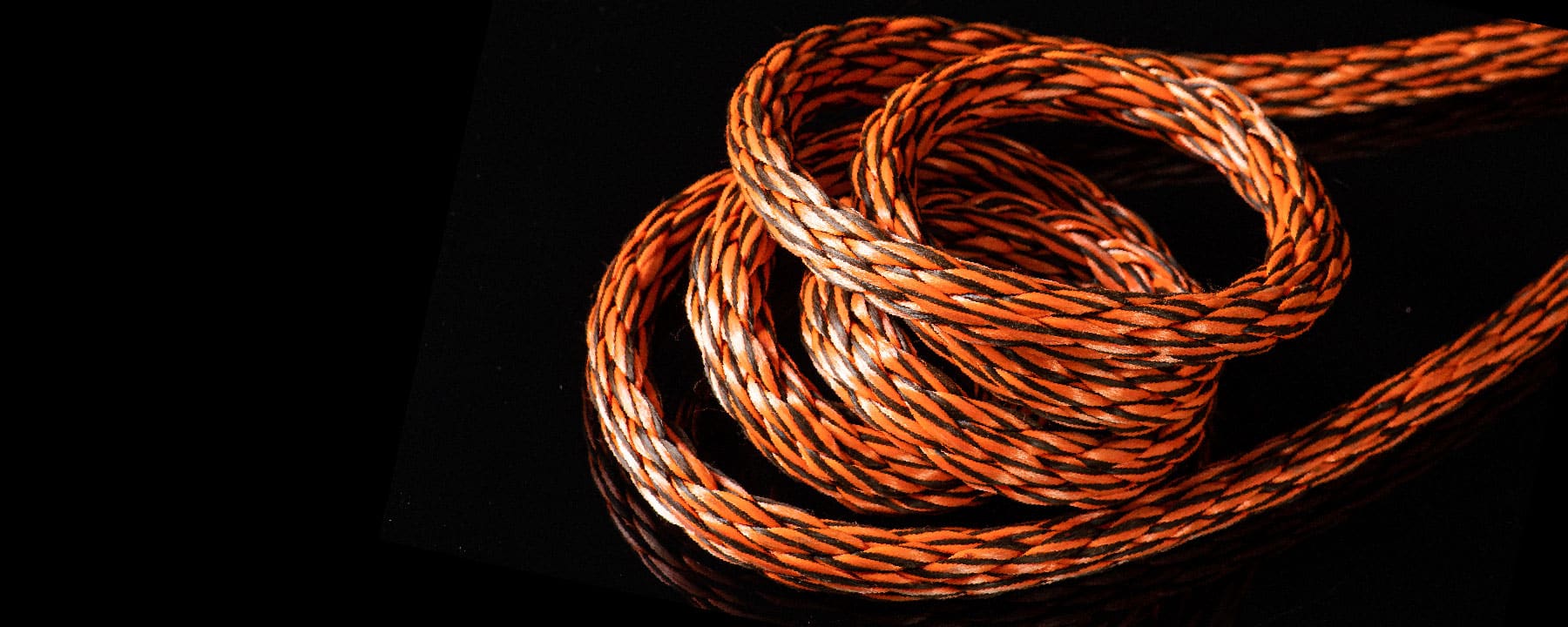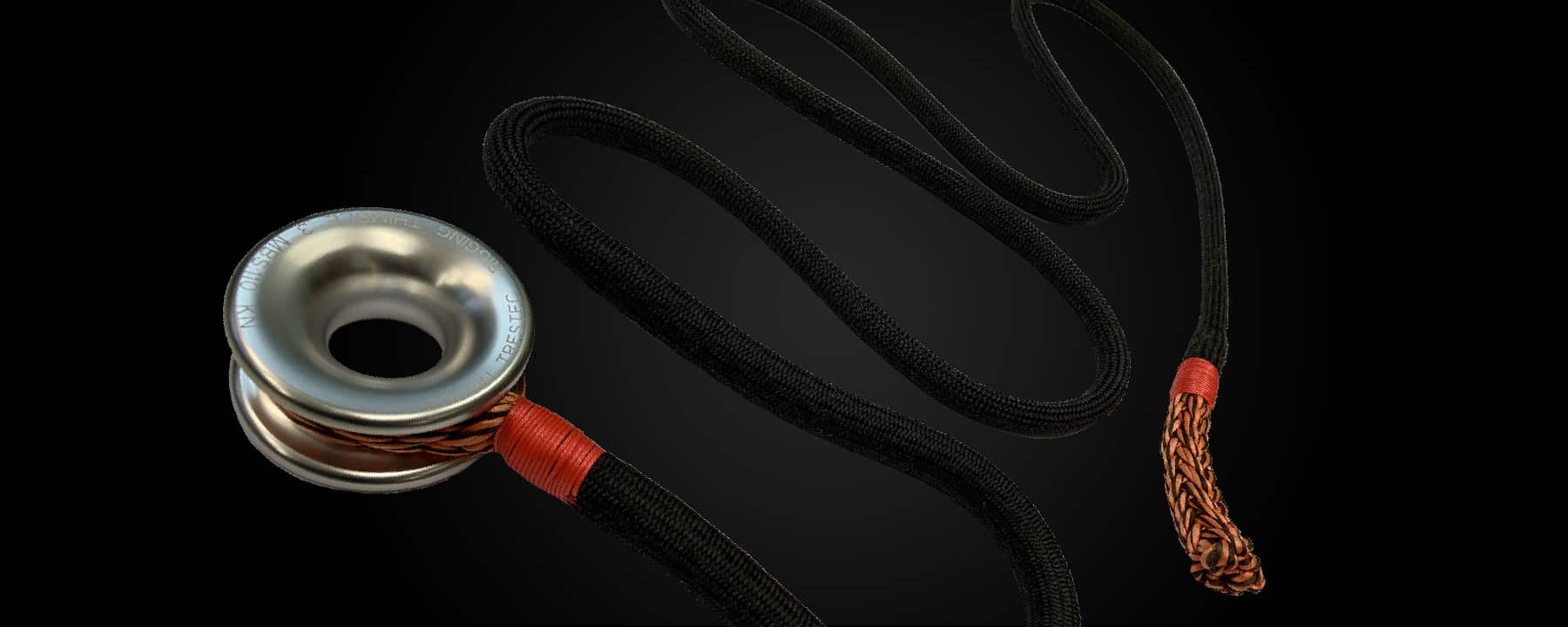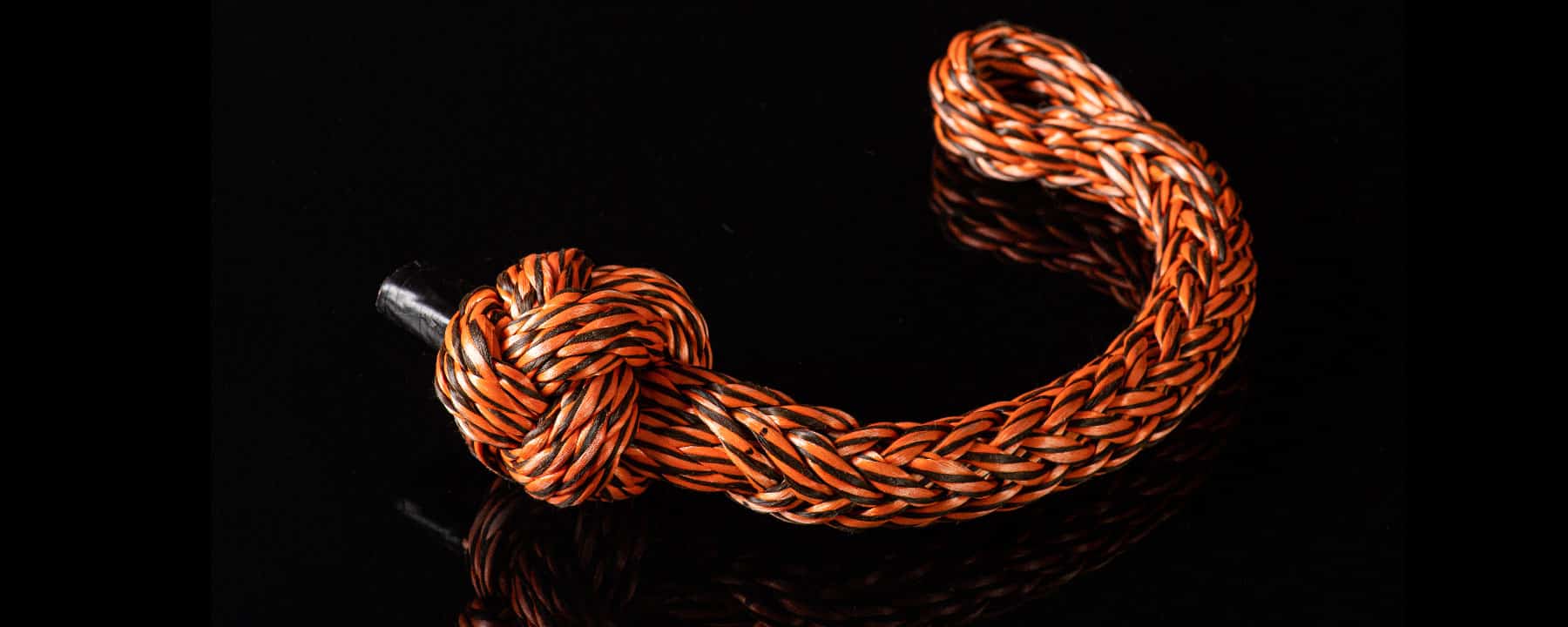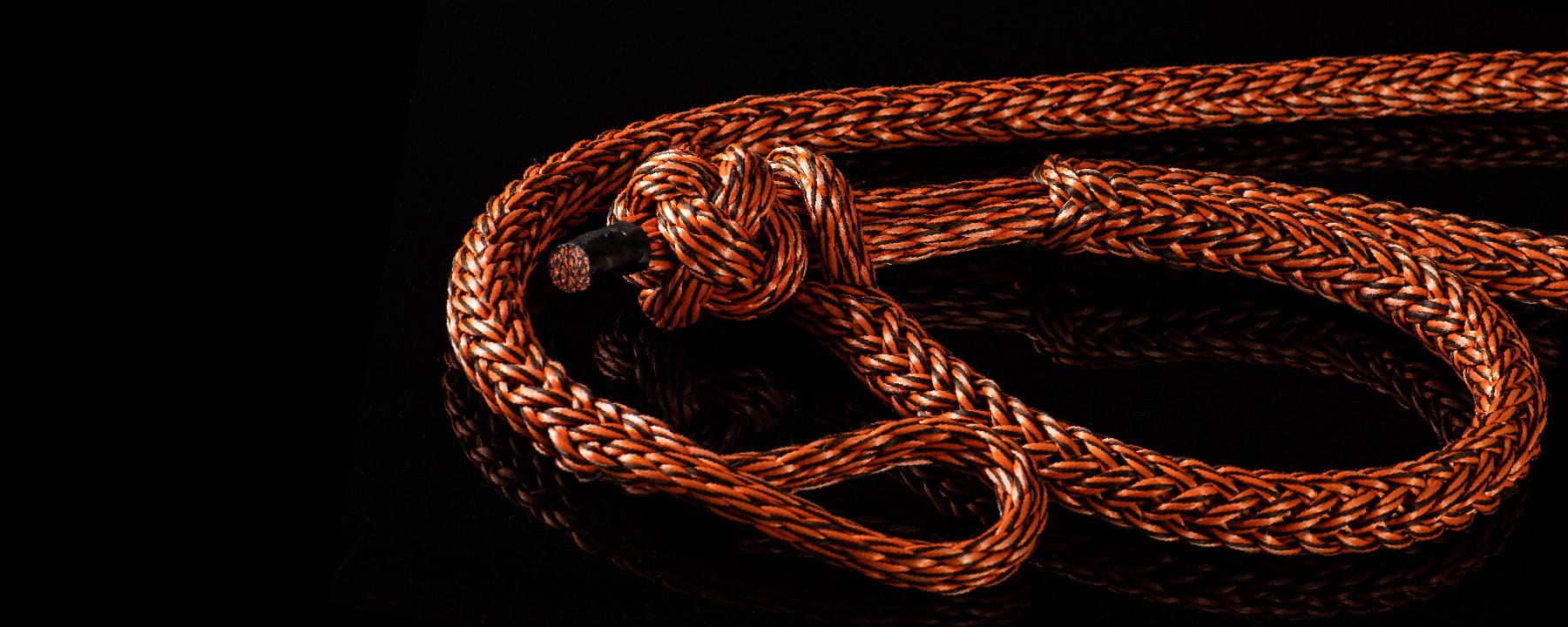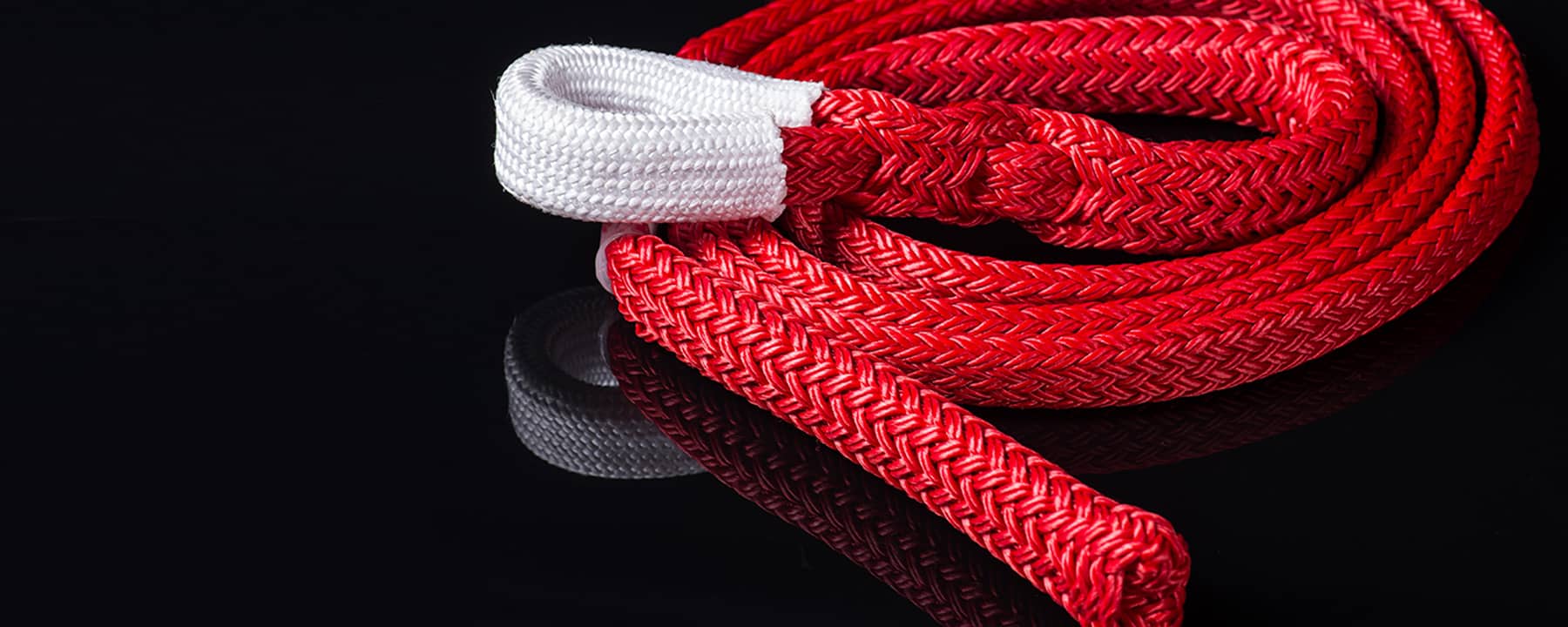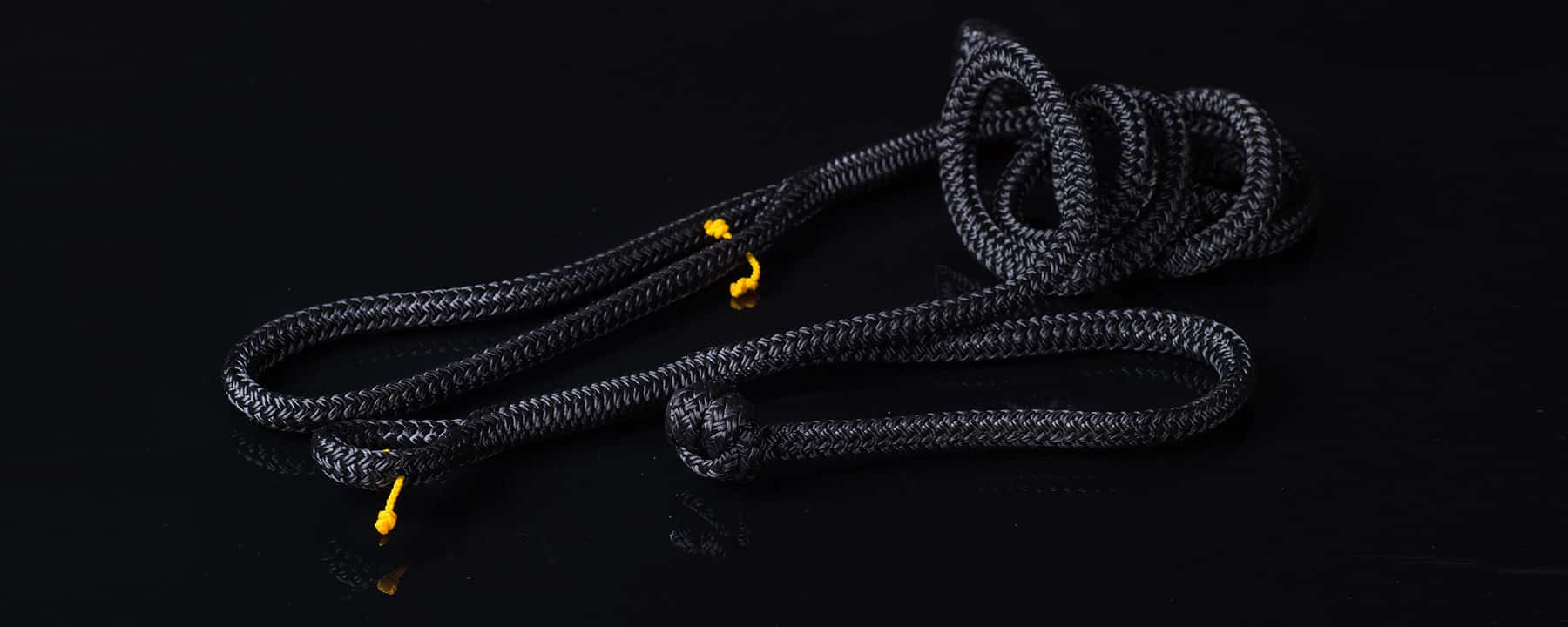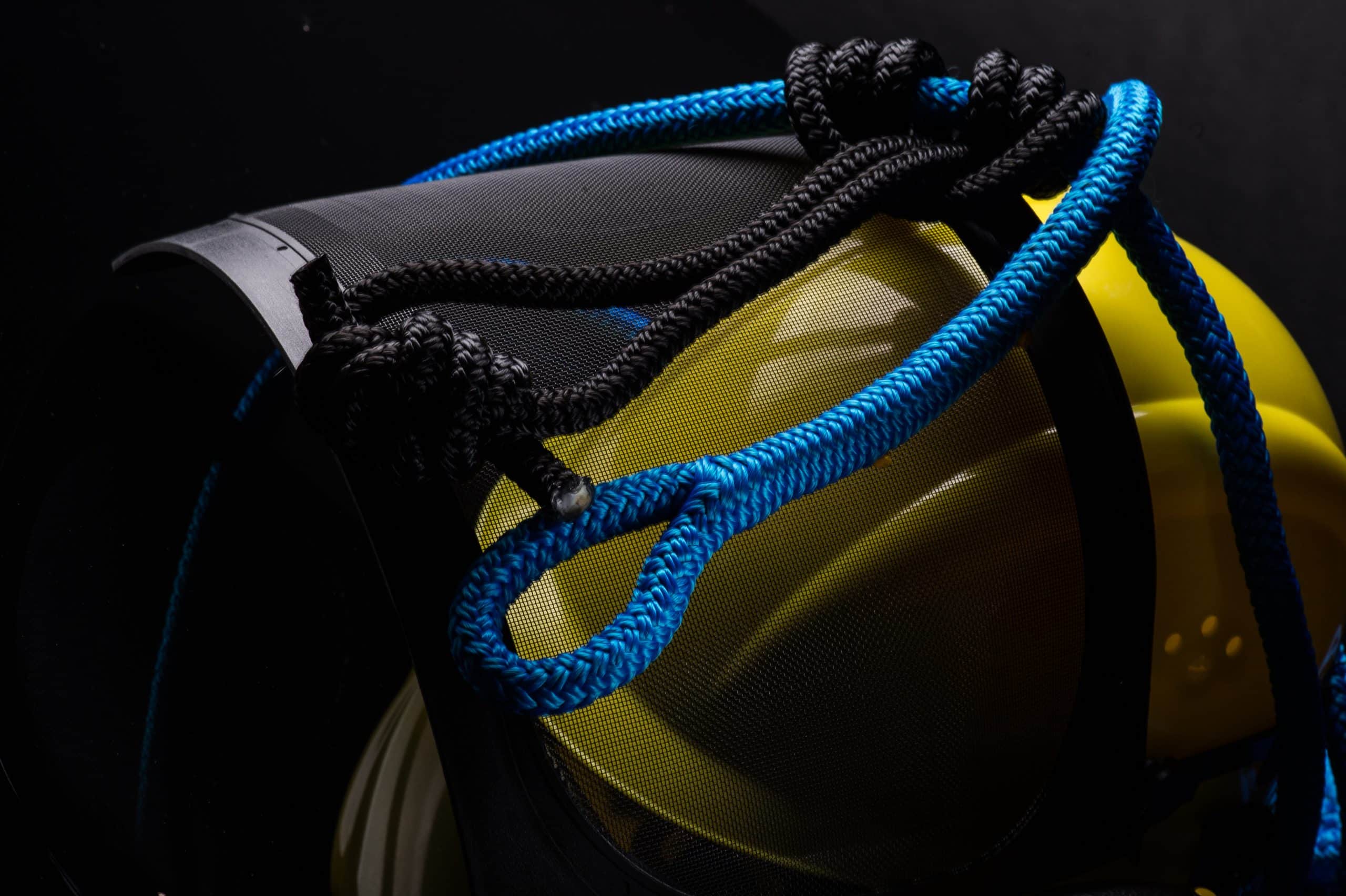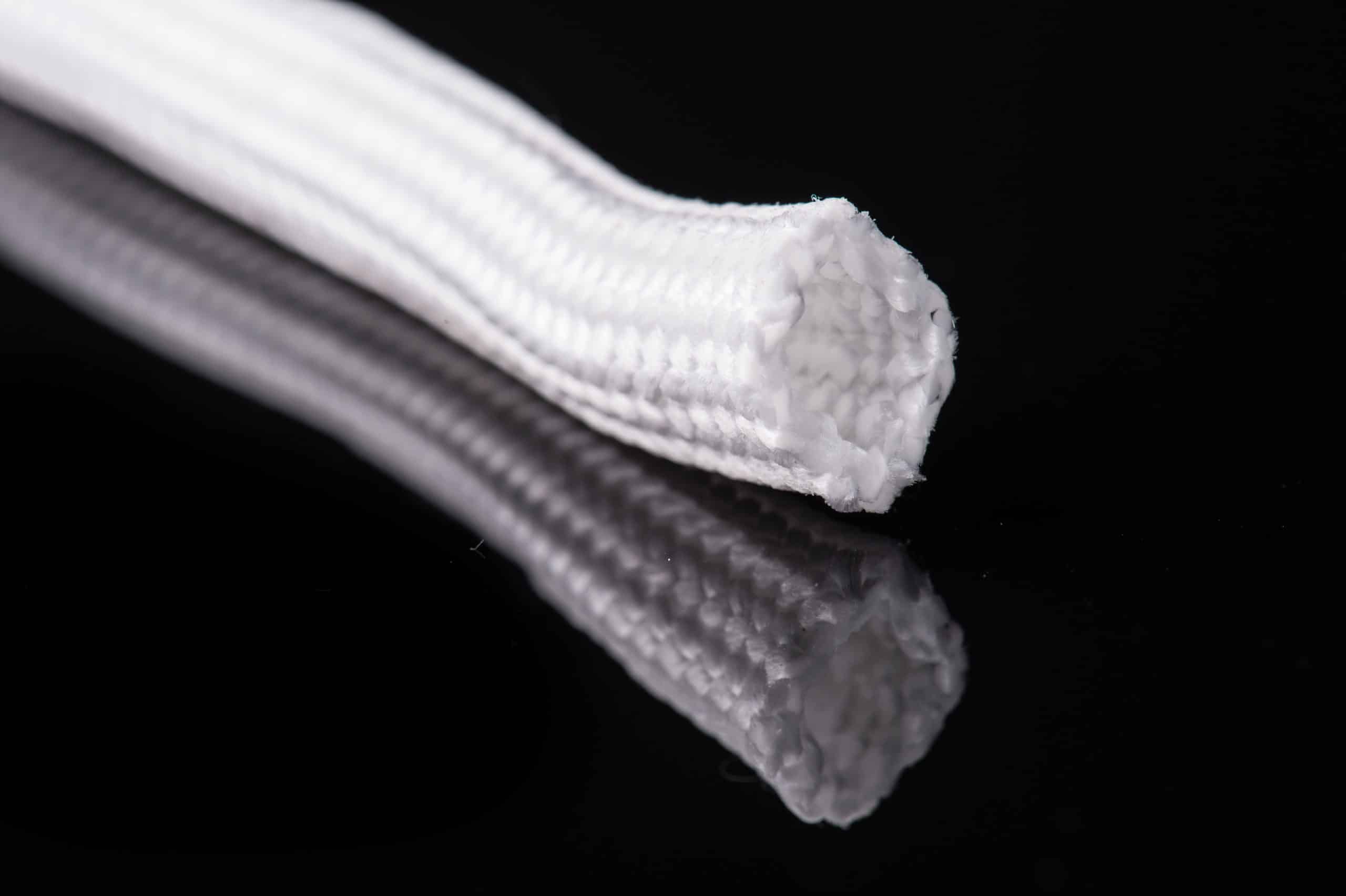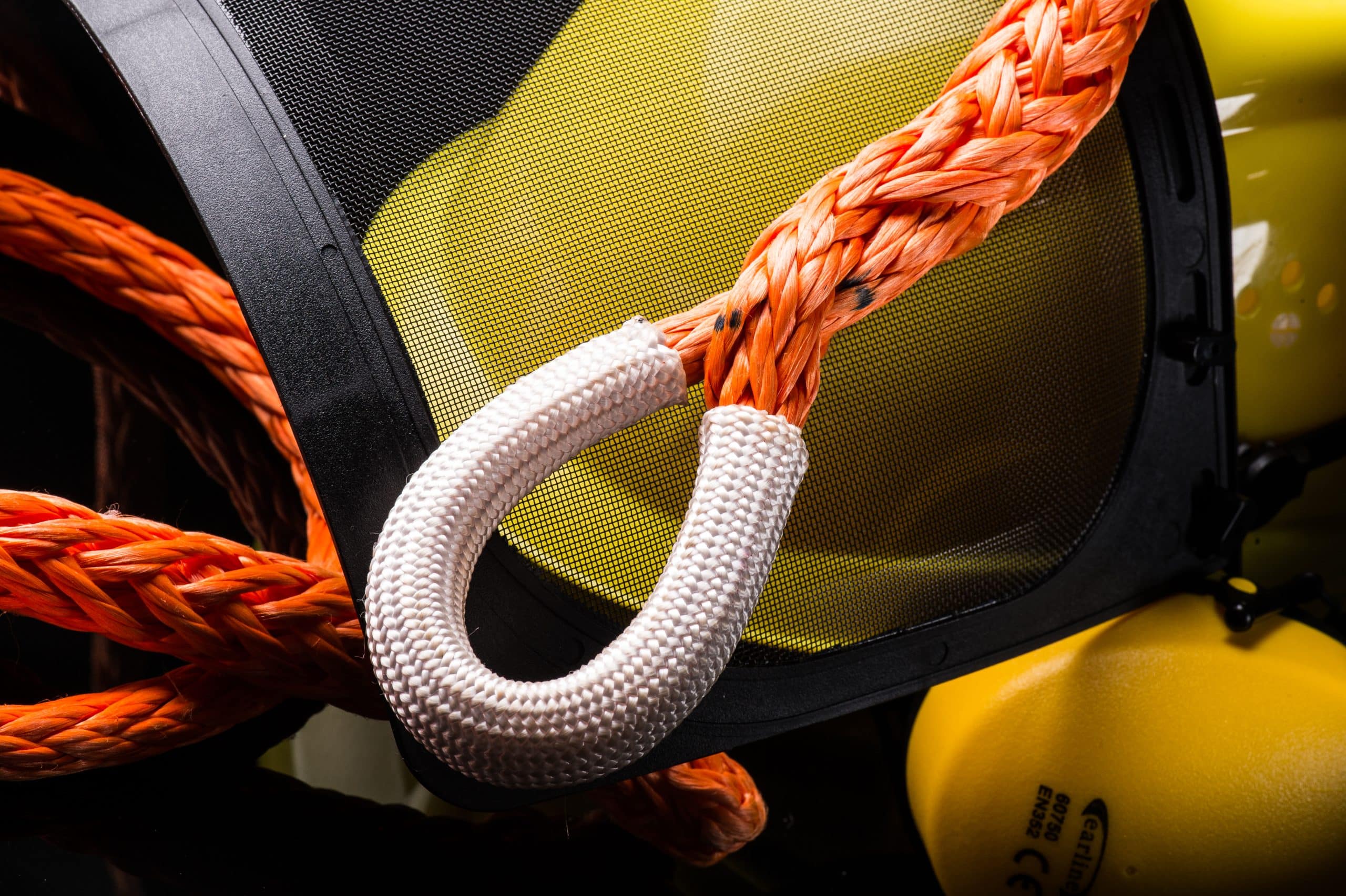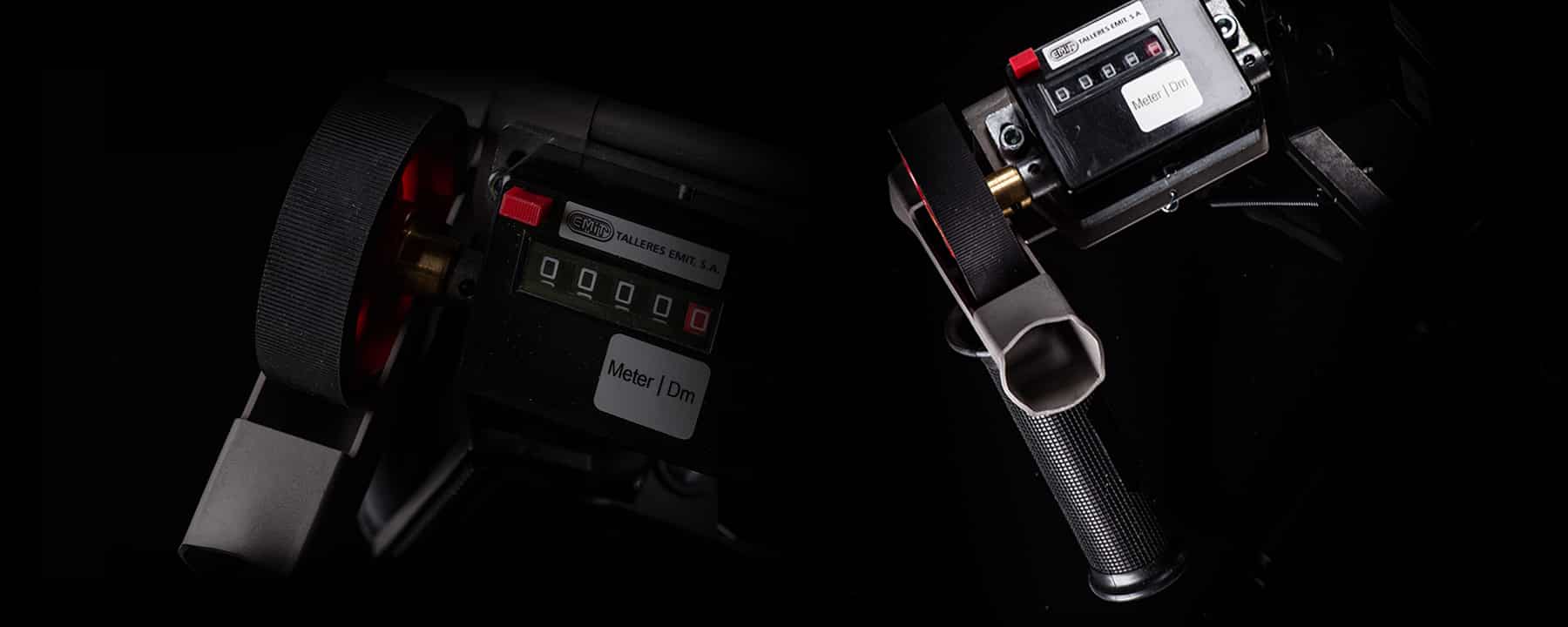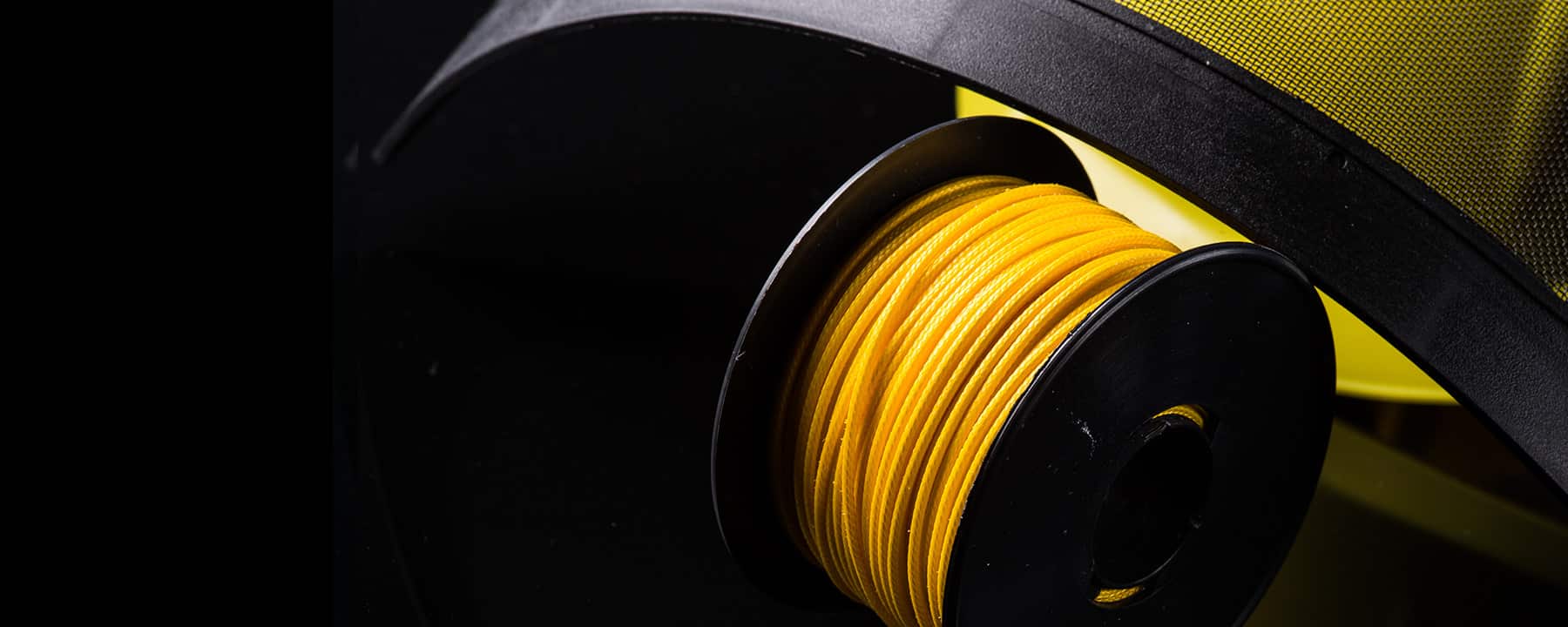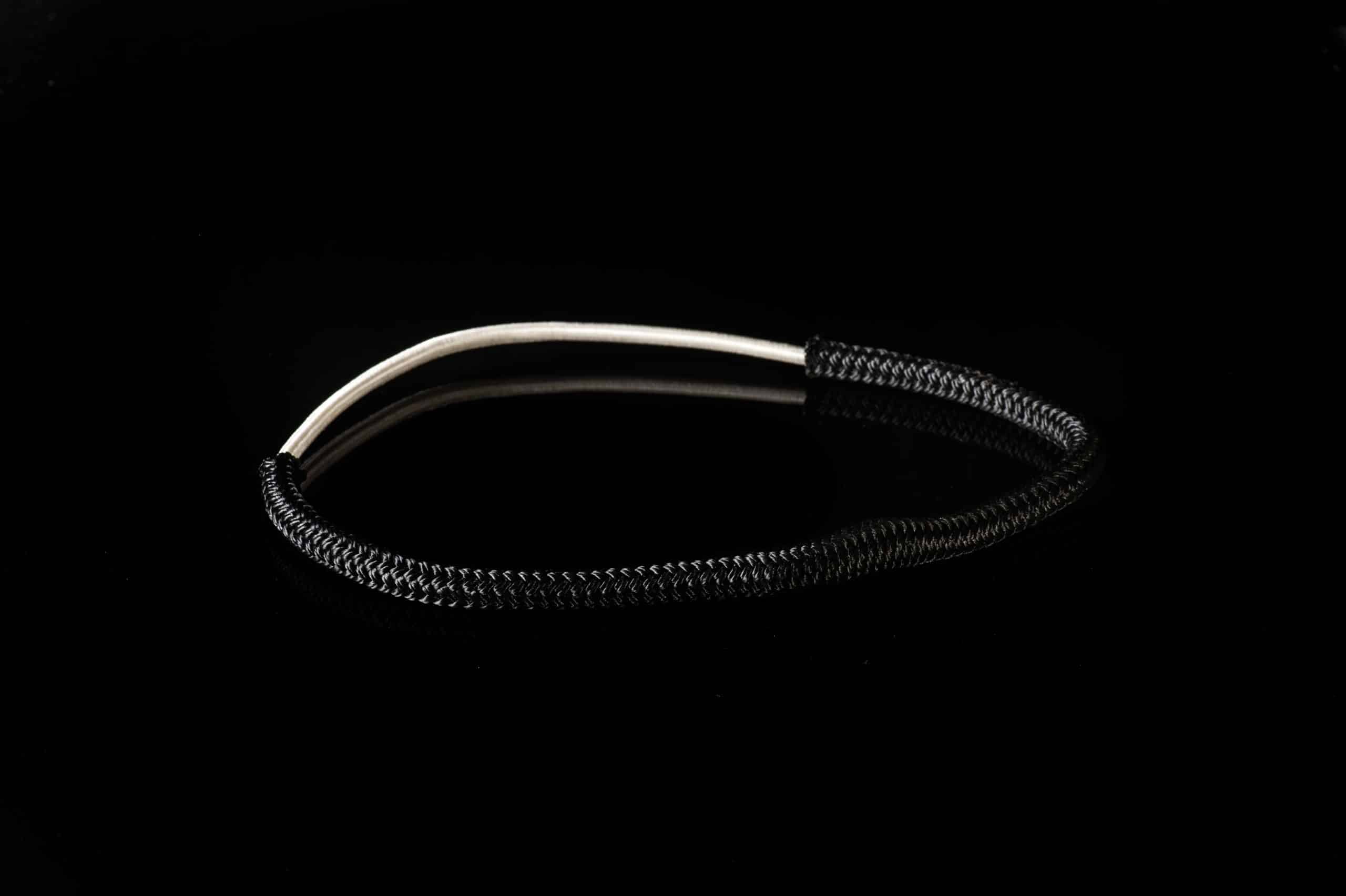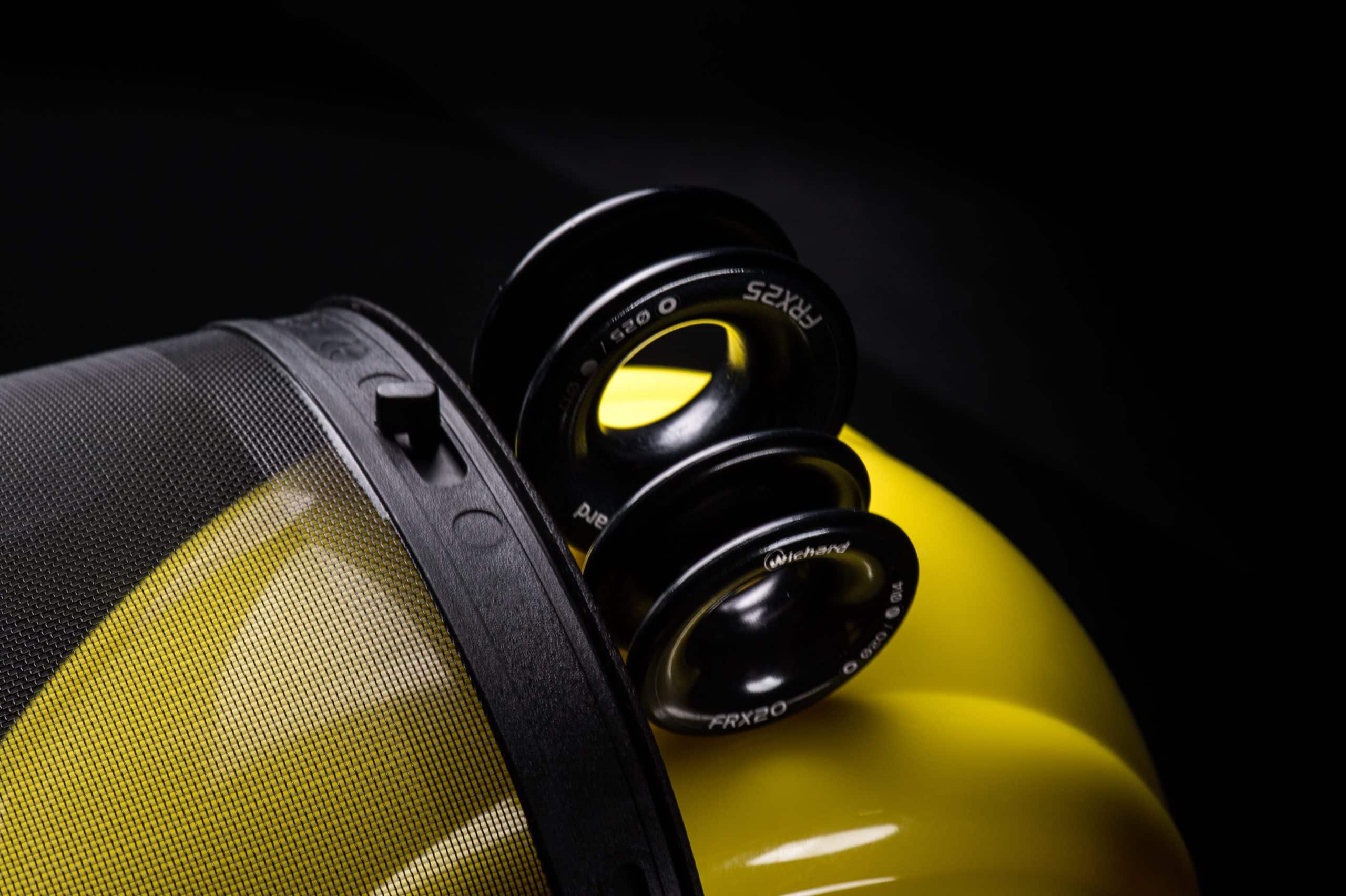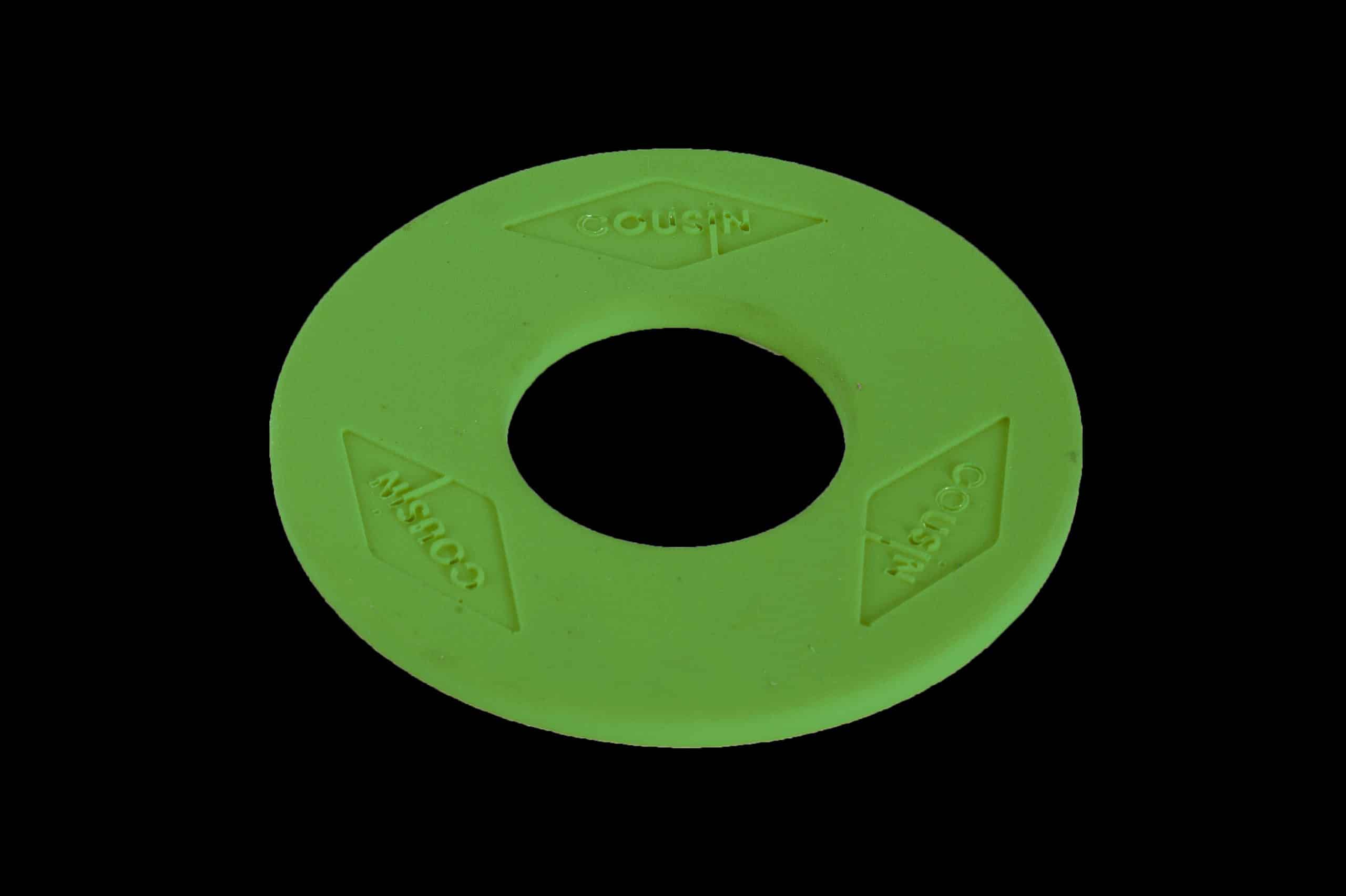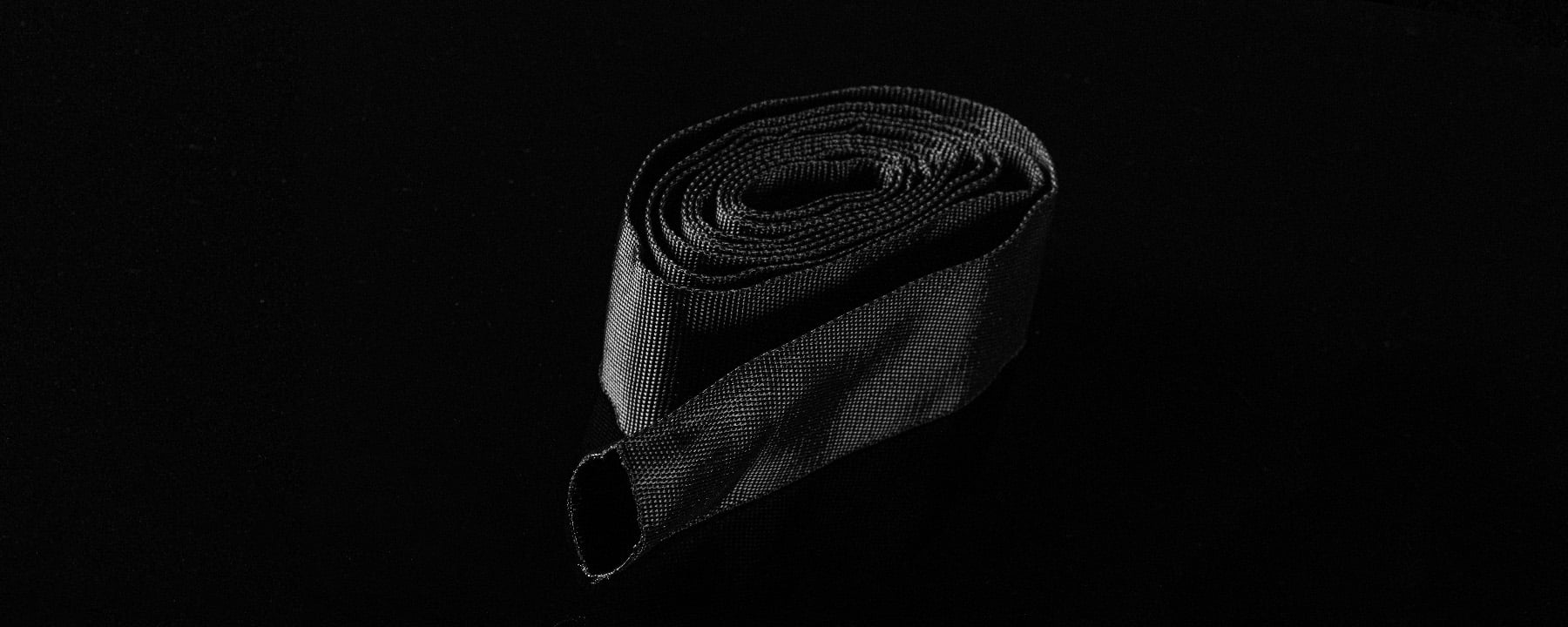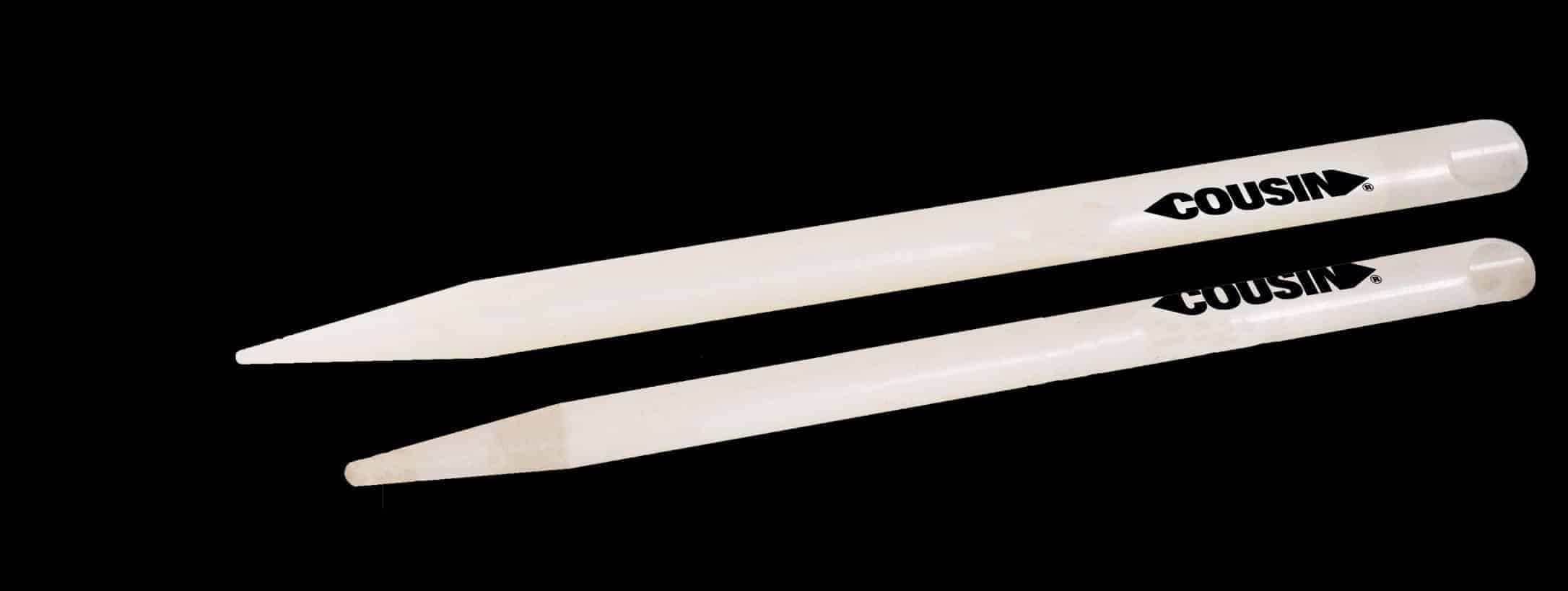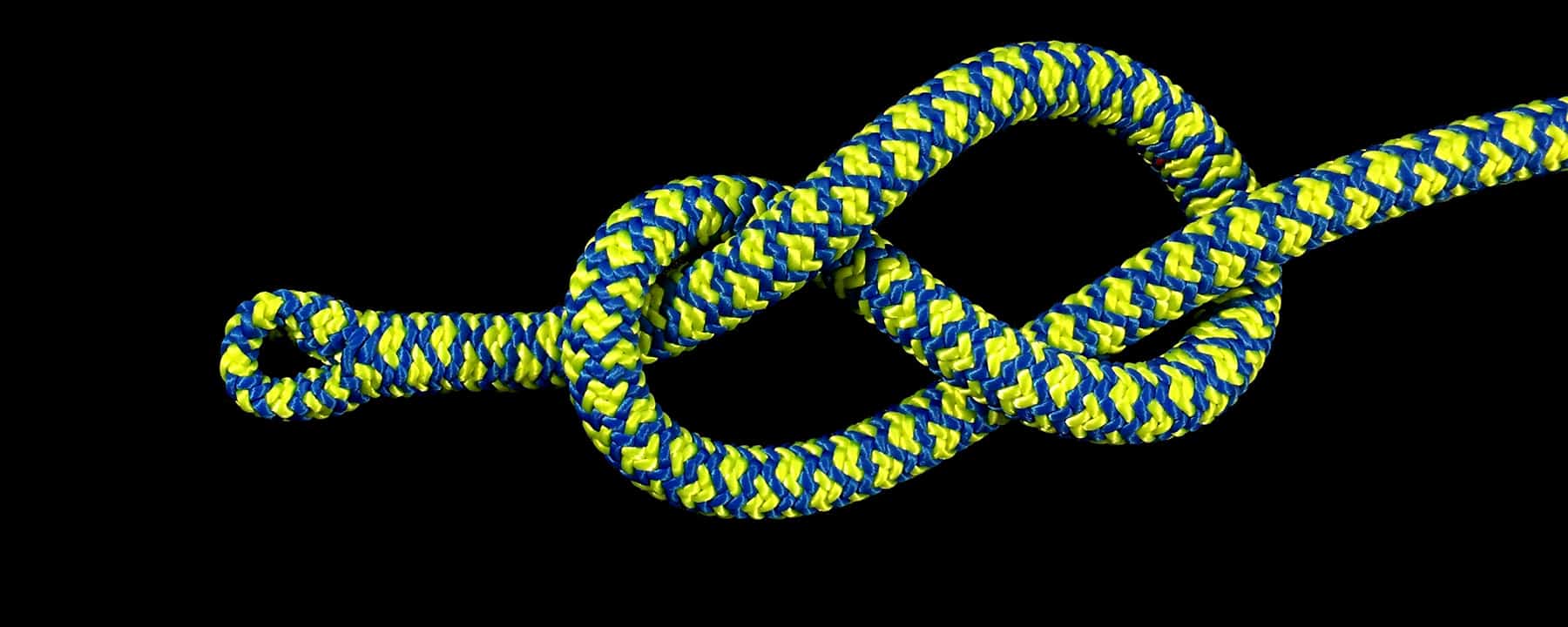
Tree work and forestry
Filter by usage
A project?
Cousin® develops your industrial projects
A high-performance industrial textile cable project?
Our design office develops your product with you.
Our process
Submit your request using our contact form:
- Requirement
- End use
- Environment in which your product will be used
- Desired technical characteristics
- Desired length and diameter
- COUSIN® brand or white label
Our design office will then examine the feasibility of your request.
All technical and mechanical criteria are analyzed, including raw materials, assembly, construction, processing, finishing, and packaging.
If development is possible, the sales team will send you a quote and delivery time.
After approval of the quote and technical file, a prototype can be tested before being sent to you. We can have your product certified by the organization of your choice.
All our products undergo rigorous laboratory testing: breaking strength, impact strength, elongation, flexibility, knotability, sheath slippage, water shrinkage, etc.
All testing complies with the various ISO regulations and European standards in force.
Additional tests can be carried out on request.
Your request is ready for industrialization.
We are committed to meeting the deadline.
Arborists often work at height in demanding conditions to prune or remove tree branches safely. The ropes they use are essential equipment, ensuring both protection and mobility.
COUSIN® ropes must be both strong and flexible to support the arborist’s weight while allowing movement around branches. Made from durable synthetic fibers such as polyester, nylon, or technical materials like Kevlar®, they offer excellent resistance to abrasion, friction, and weather conditions. This durability is essential in an environment where ropes constantly rub against bark, branches, and sometimes even tools.
Among well-known ropes in the industry, the Courant brand offers comparable models combining robustness and flexibility for long-term use. Similarly, Teufelberger provides technical ropes like the Trigon or Ultra 8 series. Our branded ropes are recognized for their abrasion resistance and low stretch, making them suitable for work at height in trees.
Ropes used in arboriculture also need a certain degree of controlled elasticity. This helps absorb shocks and avoid sudden tension, enhancing operator safety. They are often combined with specialized safety systems such as lanyards, rope grabs, or descenders to facilitate climbing, descending, and horizontal movement.
Lightweight ropes are also important, as overly heavy equipment quickly tires the arborist and complicates maneuvering.
Regular rope maintenance is essential. Arborists must inspect their ropes before each use to detect any wear or damage that could compromise safety.
In summary, our ropes provide optimal protection while offering excellent freedom of movement, allowing work at height to be carried out efficiently and safely.

